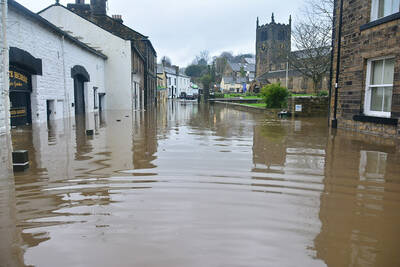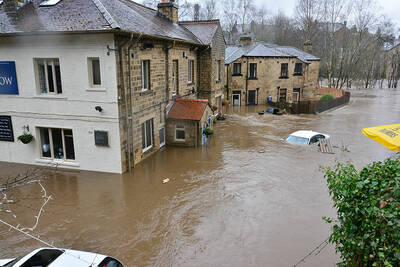What Water Damage Is Covered by Home Insurance?
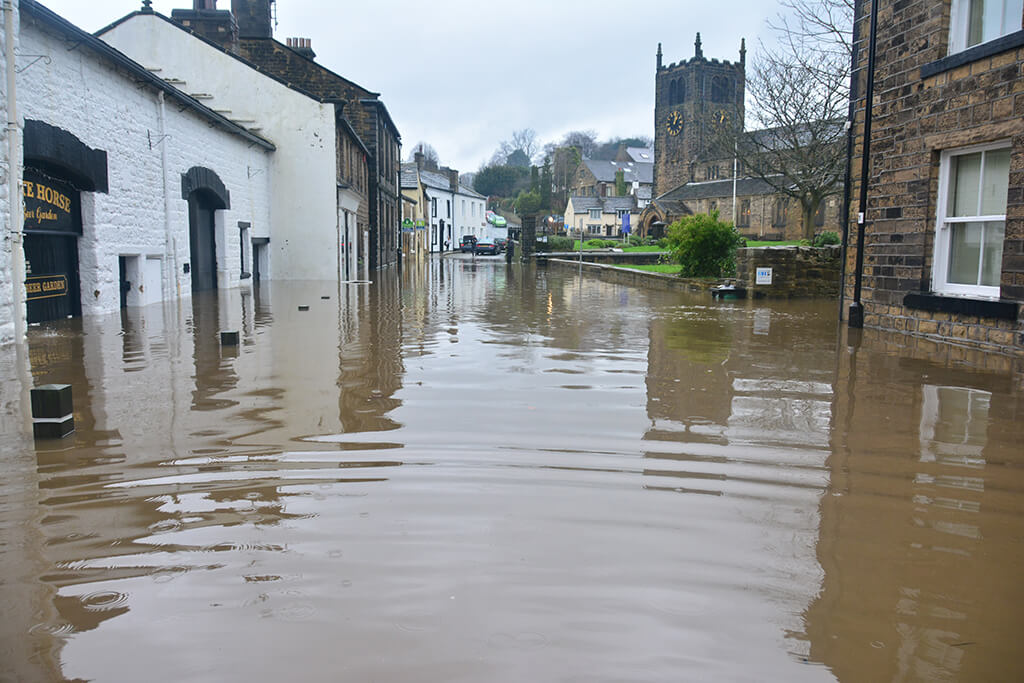
One of the most common claims from home insurance policyholders is water damage. Indeed, the water you use every day in your home can cause great harm to both your dwellings and yourself.
However, even if your house or part of it was destroyed due to the water impact, your company can decide not to reimburse you for the loss. Let's figure out what can cause this.
Events When You Can Count On Your Coverage
Insurance policy terms largely provide coverage for water-related damage. However, not every water damage can be considered an insured event. You should always remember that your company will not pay you if the incident was at your fault. We have listed the main reasons when you can expect to be paid off after water damages your dwelling.
Unfavorable Weather Conditions
Unfavorable weather conditions include heavy rainfall, hail, or snow. They can cause serious damage to your home or even furniture. Furthermore, snow dams on the roof can also negatively affect your house’s integrity. Such phenomena are recognized as unforeseen events. Accordingly, you have a chance to get a refund from your company if your house was destroyed as a result of such adverse weather events.
Household Appliance Leakage
Household appliance leakage needs to be sudden and not at your fault. For example, your washing machine drain can become clogged due to clothing falling into it. This also applies to incidents with water heaters, toilets, bathtubs, and so on. However, subsequent repairs to your home appliances or plumbing may not be part of your contract.
Damaged Pipes
There are many reasons why pipes can be damaged and leak. It can be freezing, pipe rupture, faulty plumbing, and the like. Policies cover these events, so you do not need to worry about repair costs. But then again: if you did not monitor your plumbing-system state or maintain it correctly, the company will deny your claim.
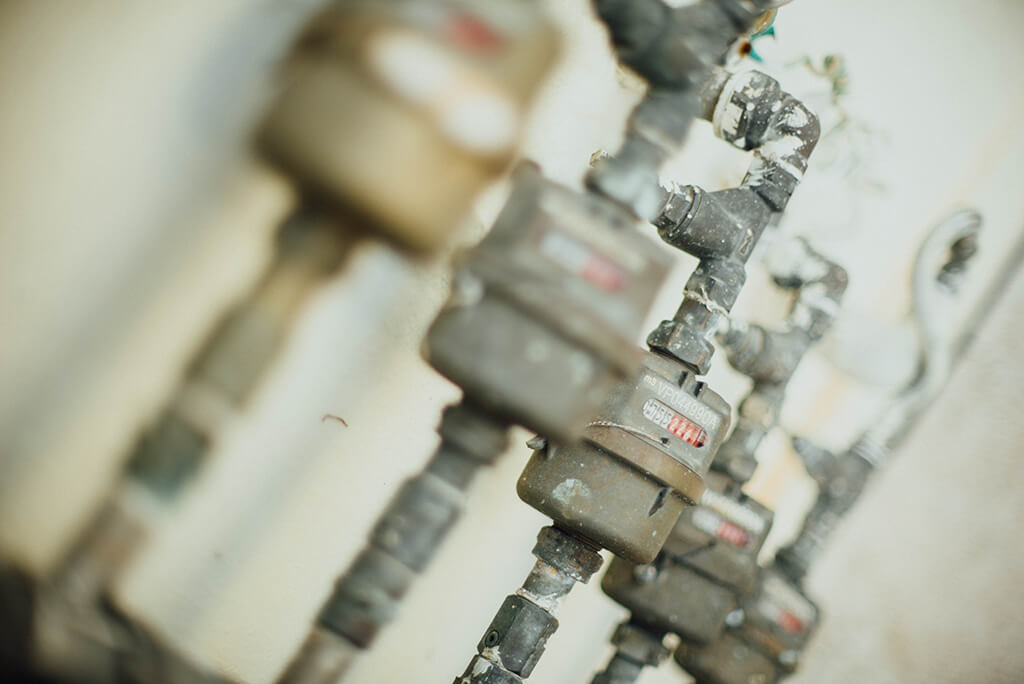
Fire Extinguishing
When a fire breaks out, the house residents are faced with two problems at once: damage to their house from the fire and its extinguishing. Fortunately, insurance companies will indemnify for both. The main thing is that you also are not guilty of the fire.
Events That Policies Not Cover
Flooding
If your home was flooded due to heavy rains or an overflowing river, it is not the time to turn to the insurance companies. This can confuse some people since flooding is also an unfavorable weather condition. Yes, but there are some differences between flooding and other adverse weather.
If the storm was so severe that it knocked out your windows and damaged the fittings inside your house, this event is covered. But if your basement was flooded as a result of the river overflowing, such an event is not covered. You can purchase a separate flooding cover if you live in an area prone to these seasonal phenomena.
Poor Plumbing Maintenance
If you, as a home resident and a policyholder, do not maintain your water supply network state, the company will not pay you in the event of an incident. Moreover, if, for example, your roof began to leak due to a storm and it was previously damaged, its repair will be completely your task.
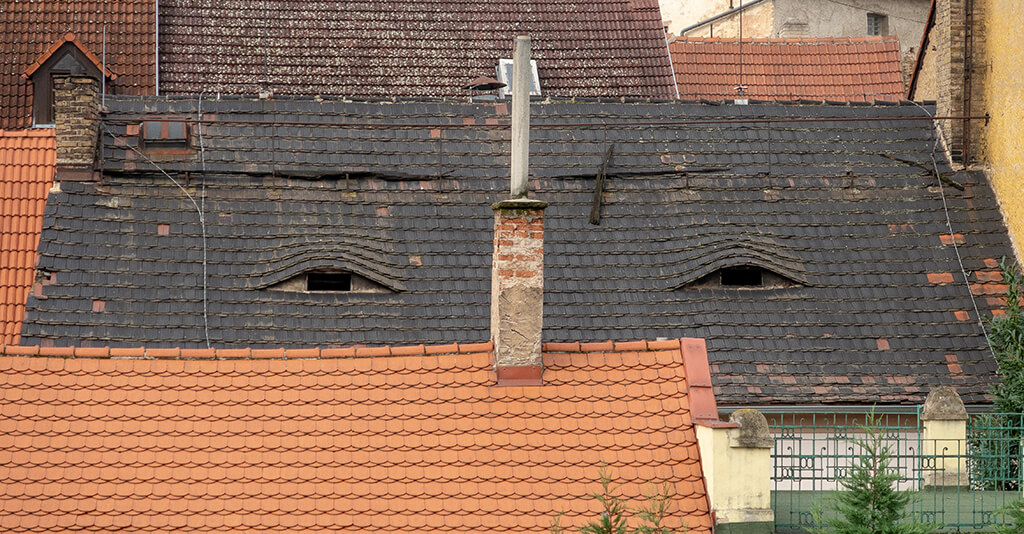
Sewage Water
Standard policies do not provide coverage if sewer water somehow gets back into your home. Even though this type of damage is excluded, you can purchase separate coverage called water backup.
Water-Induced Mold
Mold is a very common sidekick when your home is damaged by water. Its removal requires a lot of effort and money. In addition, mold can cause allergies, irritation, and even headaches.
On the one hand, mold development is covered by policies if a homeowner was not guilty of the water-related damage that caused it. On the other hand, each company considers the destruction causes differently, so you may be denied compensation for the dwelling restoring expenses.
For example, if your roof starts leaking heavily because you have not repaired it and mold has grown, you are responsible for removing this fungus. At the same time, if a flood was the reason for such growth, you can get payments if you have corresponding coverage.
Protecting Your Home from Water-Caused Damage
To ensure protection from water damage recovery problems, simply take the necessary steps for your home safety. After all, it is for your own sake. Remember the main thing: companies will only accept claims if the damage was sudden and unforeseen. If you did not perform maintenance on your pipes or the incident was caused by gradual problems, the company will deny your claim.

- Check your home condition. One of the main steps you can take right now is to check your entire plumbing system in your home. Also examine the windows and roof because if they are poor, they can easily be destroyed during a storm. If you discover any failures or malfunctions, take the necessary measures to fix them as soon as possible.
- Install special devices. Another way to protect your house is to install special water leak detectors. They usually send alerts to smartphones or email. Moreover, some more advanced detectors are capable of shutting off the water supply to prevent incidents.
- Watch out for freezing pipes. Those who live in colder areas often experience freezing pipes. You can prevent this by keeping the temperature above fifty degrees. Thermal insulation for pipes is another way to protect them from freezing.
- Clean gutters. Finally, if your gutter is clogged, this can interfere with the water free flow. Accordingly, water will start to accumulate in a certain area and may seep into your basement. Avoid these problems and check your entire gutter system.
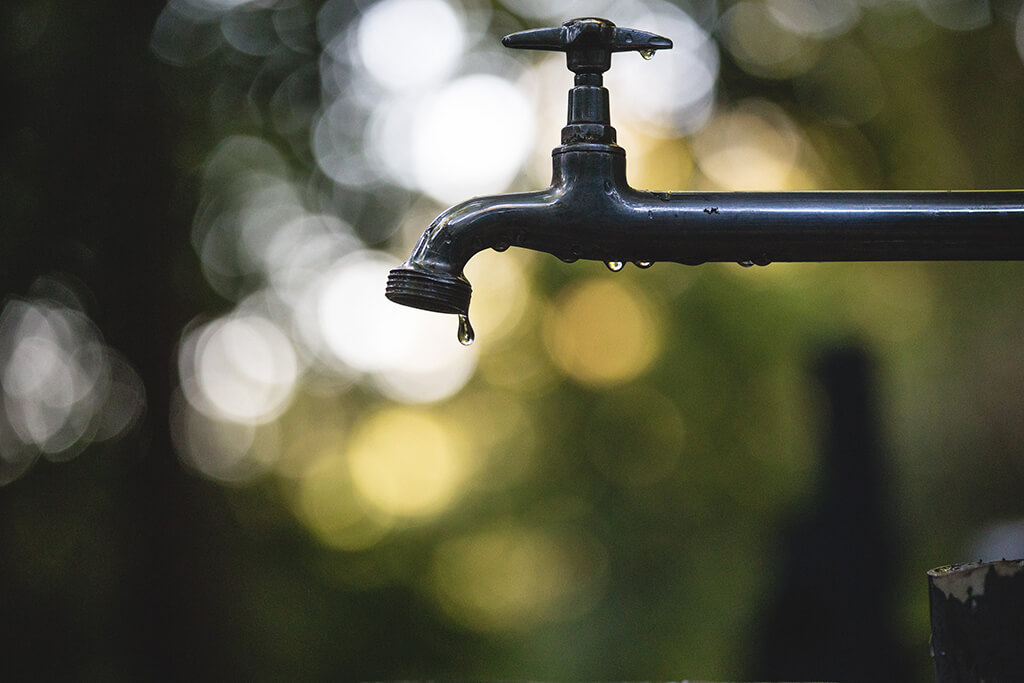
Keeping your home safe can seem like a laborious and time-consuming process. However, such procedures will help you get rid of unnecessary pain in the neck, such as home renovation and filing a claim to your company. Keep in mind that it is good to be able to solve a problem, but sometimes it is better not to have it at all. We have reviewed all the necessary information about covered water damage types and how to protect yourself from such events. We hope this article helped you to get the most complete idea of this issue.



